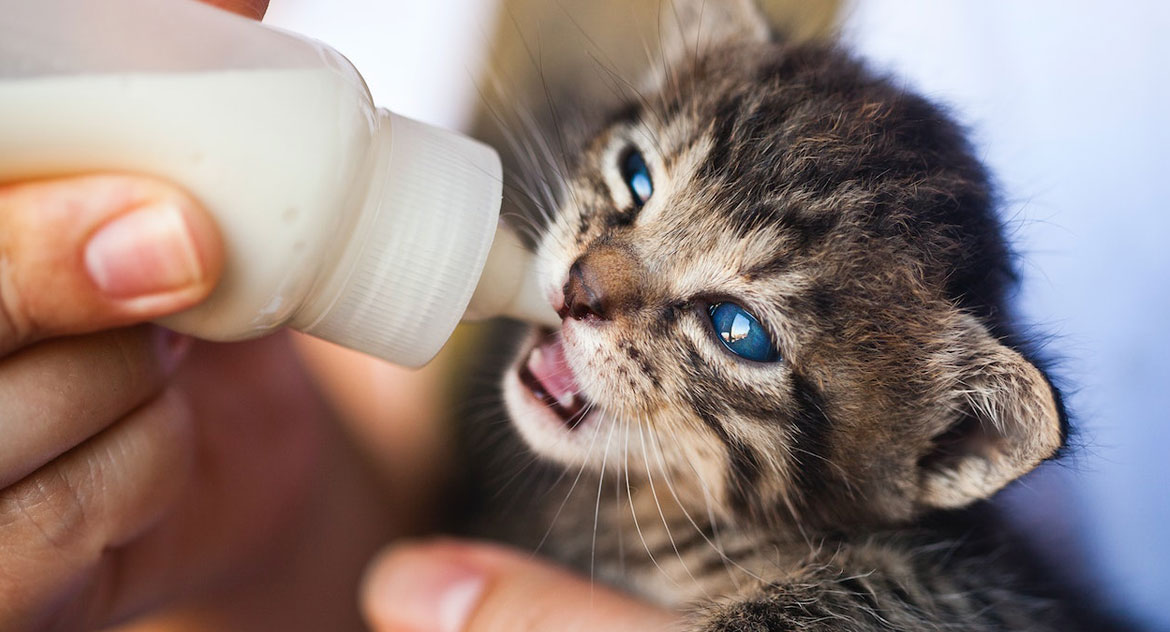Whether you are a new grad or a seasoned professional with several years experience, crafting an effective veterinary CV is vital. It’s essential to create a document that captivates employers, setting you apart from the competition and enticing them to learn more about you. To help you achieve this, here are our ten top tips for writing a standout veterinary CV that will send you to the top of the pile.
- Customise your CV to suit the specific role you are applying for
While crafting a comprehensive CV is an excellent initial step, it is essential to tailor it to the specific role you are applying for. Thoroughly examine the job description and ensure that you emphasise the skills sought by the particular employer. Additionally, conducting research on the practice will enable you to personalise your CV and showcase genuine interest in the position. By tailoring your CV accordingly, you increase your chances of making a compelling impression on the employer.
- Quality over quantity
When crafting a veterinary CV, aim for a maximum of two A4 pages. Recognise that employers are frequently pressed for time, so it’s essential to capture their attention within the first page.
- Get Your Priorities Right
The personal statement allows you to showcase the value you will bring to the role. However, keep it concise, aiming for a single paragraph of a maximum of 150 words. The remaining sections of your CV will expand upon the points mentioned in your personal statement, offering evidence of the outlined skills.
- No images necessary
Including a photograph is unnecessary and can potentially introduce negative biases in an employer’s perception of you. In reality, employers who are curious about your appearance can easily conduct a quick Google search or explore your social media profiles. Considering this, it is crucial to ensure that your social media presence aligns with the image you wish to portray professionally. Are there any posts or content that you would rather employers didn’t see? Take the time to review and adjust your privacy settings accordingly, or even consider removing such posts altogether.
Ensure your employment history is comprehensive and thorough
When outlining employment history, always begin with your current role and progress backwards in reverse date order. It is important to avoid any gaps in the timeline and provide explanations for any periods of time off. Unexplained gaps can raise concerns for potential employers. Moreover, it is essential to provide context and explanation for each work experience rather than simply listing the veterinary practices. Describing your involvement in a “6-vet small animal practice, including mentoring colleagues, sole charge of a branch clinic, and out of hours duties” offers more informative insights compared to just mentioning the practice name.
It’s essential to create a document that captivates employers with compelling language and real-life examples, setting you apart from the competition
For locums, condense your skills into a concise summary.
Being a locum vet poses the challenge of condensing your numerous roles into a succinct CV. However, employers do not require an exhaustive list of every position you’ve held. Instead, a concise summary emphasising your skills and acquired knowledge is ideal. Consider highlighting your exceptional team collaboration skills, particularly when called upon at short notice. Emphasise your ability to establish rapport with unfamiliar colleagues and showcase your confidence when working independently.
Include your hobbies
Including hobbies in your CV is generally recommended, but it’s crucial to ensure their relevance. For example, if the job posting emphasises the importance of being a team player, by all means mention your love of netball, and your experience as captain of the local team. Feel free to share what inspires and motivates you, but prioritise hobbies that showcase skills or qualities sought after by prospective employers.
Ensure that you can substantiate all the information you include in your CV.
If you claim to be a team player, have a specific example in mind. If you highlight your exceptional leadership skills, be ready to answer questions about a time when you demonstrated effective leadership. It’s not enough to merely list buzzwords; you must also be able to substantiate these skills with actual examples. Additionally, exercise caution when stating common attributes such as being hard-working and reliable, as employers typically consider these qualities as basic expectations.
Attention to detail
After creating an impeccable veterinary CV there is one crucial step before submission. Before sending it off, review the document meticulously for any spelling, punctuation, or grammar errors. Regardless of how exceptional you are as a veterinary surgeon, neglecting to prioritise these basic aspects can instantly create an unfavourable impression. As veterinary professionals, attention to detail holds significant importance, and it reflects your commitment to precision and accuracy.
Consider seeking a second opinion
Whether you approach someone from a different professional background, a veterinary colleague, or even one of our experts at The Vet Jobs Agency, having an additional perspective on your CV is invaluable. Keep in mind that it may take multiple iterations before you achieve the perfect veterinary CV that truly impresses employers. However, the time and dedication you invest will yield significant rewards.
So why wait any longer? Submit your CV today to embark on your job-hunting journey. Let us assist you in getting started on the path to success.



